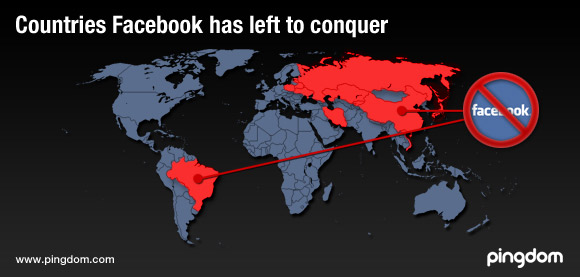 The Cyborgology editors, again, appear on WYPR (Baltimore’s NPR affiliate). Listen to the audio here. We discuss “cyber-support”, something we have touched on before.
The Cyborgology editors, again, appear on WYPR (Baltimore’s NPR affiliate). Listen to the audio here. We discuss “cyber-support”, something we have touched on before.
Social media sites like Facebook and Formspring have created new forums for bullying—you may have heard the word “cyberbullying” thrown around.
But social media also provides an opportunity for marginalized groups to gather for support—and occasionally to fight back. Our social media gurus Nathan Jurgenson and P.J. Rey call this “cybersupport.” You can see it at sites like Harassmap, the“3,000 Campaign” against sexual assault, and iHollaback.
Today Nathan and P.J. join Sheilah to talk about this type of networking and the effects it can have—intended and unintended—in physical space.
Nathan Jurgenson and P.J. Rey are Ph.D. candidates in sociology at the University of Maryland, and they blog at Cyborgology.
Also, there will be a panel on so-called cyber-support at the Theorizing the Web conference we are throwing on April 9th.






 The protests in Egypt have been front and center in the American media over the previous two weeks. We were greeted with daily updates about former President Mubarak’s grasp on power, and, ultimately, his resignation. Buried in all the rapidly unfolding events were numerous stories about social media and its role in the revolution. I think it may be useful to aggregate all these stories as we begin to analyze how important social media was (if at all) to the revolution – and, also, whether the revolution has significant implications for social media.
The protests in Egypt have been front and center in the American media over the previous two weeks. We were greeted with daily updates about former President Mubarak’s grasp on power, and, ultimately, his resignation. Buried in all the rapidly unfolding events were numerous stories about social media and its role in the revolution. I think it may be useful to aggregate all these stories as we begin to analyze how important social media was (if at all) to the revolution – and, also, whether the revolution has significant implications for social media.

